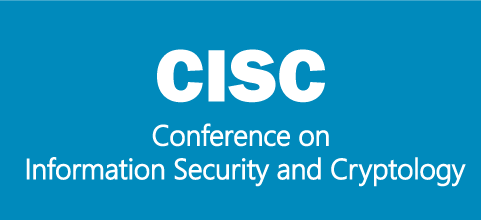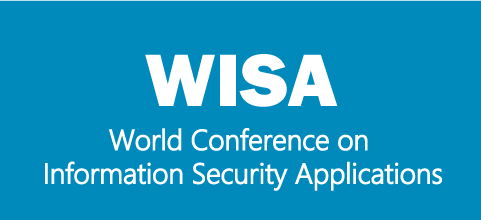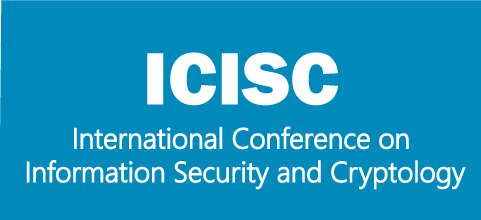Click! WISA 2025 리플릿 < 학술대회 상세 프로그램은 리플릿을 확인해주세요!
*사전등록이 8/13(수) 연장되었습니다.
WISA 2025
- 일시 : 2025년 8월 20일(수) ~ 8월 22일(금)
- 장소 : 메종글래드제주
- 장소 : 메종글래드제주
Registration Policy
At least one presenter per accepted paper, poster must register for the conference as an author.
We are unable to offer refunds, cancellations, or substitutions for any registrations for this event.
Registration Contact Information
Korea Institute of Information Security & Cryptology
- Seongji Heights 3-Cha Bldg., Room 909 507, Nonhyeon-ro, Gangnam-gu, Seoul 06132, Korea
- Tel : +82-2-564-9333(ext.2)
- Fax : +82-2-564-9226
- Email : kiisc@kiisc.or.kr
- Business Registration Number: 114-82-04432






